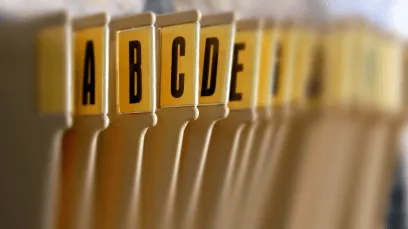
Family history is something that has grabbed millions of people worldwide. We felt drawn to our past, our futures, our links to those that are our family....and sometimes that means links to negative pasts too, which make it all the more exciting.
For example, we come from horse thieves in Scotland, those that defended and protected the borders of Scotland from the English during the time of great upheaval.
Ancient day hijackers I suppose! Those Armstrongs!
Actually it was out of necessity, and at one stage they (Johnnie Armstrong and the border reivers) had around 3000 riders with them, but it makes family history exciting, personal and interesting for those researching it.
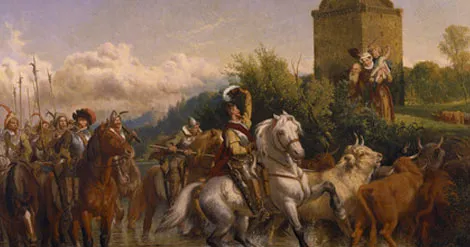
Then what is indexing, and how does this help others with their family history?
There are literally millions of pages of history written down in books or stored on paper somewhere. Information on who lived where and when, how they died, who and when they married, the childrens details etc etc. All of these details are available for people researching their own history if they have the access to the details in those books.
Not everyone can go research those details in another country.
It makes it difficult to get to those details and historically made family history difficult to do because of lack of access to the information.
Not so anymore!!
In the modern age, scanning in information, making it digital so that anybody anywhere in the world can type a search command and find the information relative to their search on their own PC 1000's of miles away from the books where the info is stored, is now easy and cheap to do. Most people have access to a scanner, a PC and an internet connection.
Indexing is??
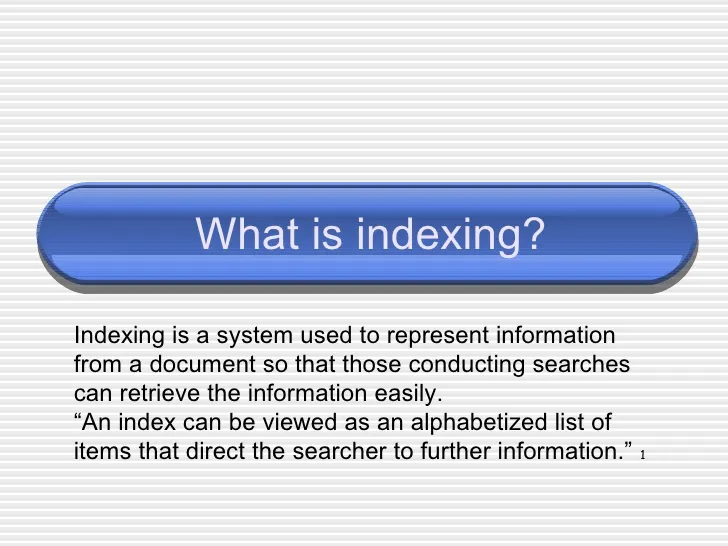
Taking that information from the scanned documents, reading it, and typing it into digital readable fields for the next person to search against. Simple as that.
You can help. It's free, easy to do and helps millions worldwide!
How to get involved:
- Log onto a site like www.familysearch.org.
- Register with them
- Choose the indexing tab at the top of the page
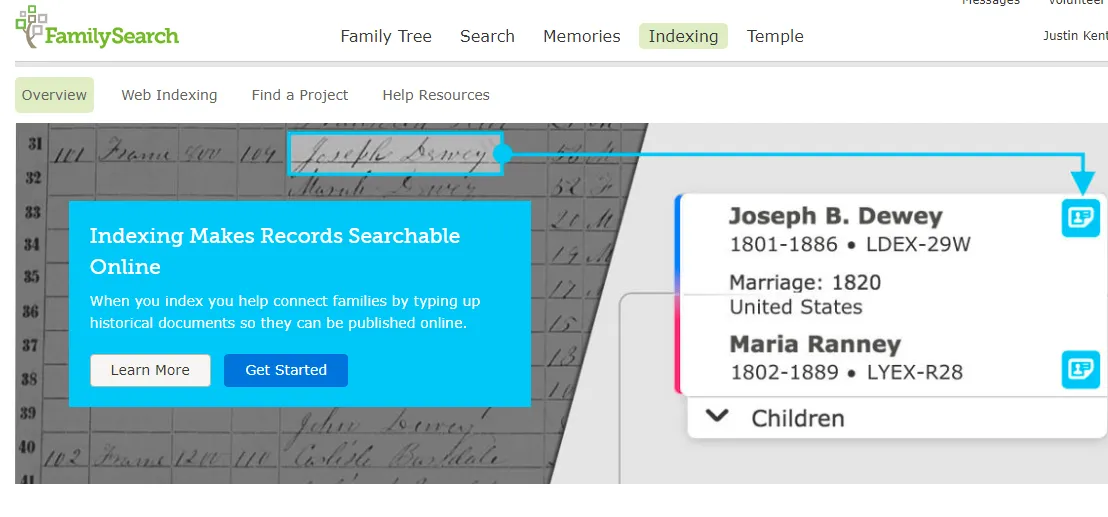
- Find a project. This is a set of documents that has already been scanned into the system and that you will put into digital fields that can be searched on. I tend to enjoy doing local documents from South Africa. It is relevant to me and my family, I know the language and I recognize names etc that an international would not. For example Thulane I would see in handwriting while others would not. You can choose beginner (easy to read) to advanced (difficult to read material)on your project
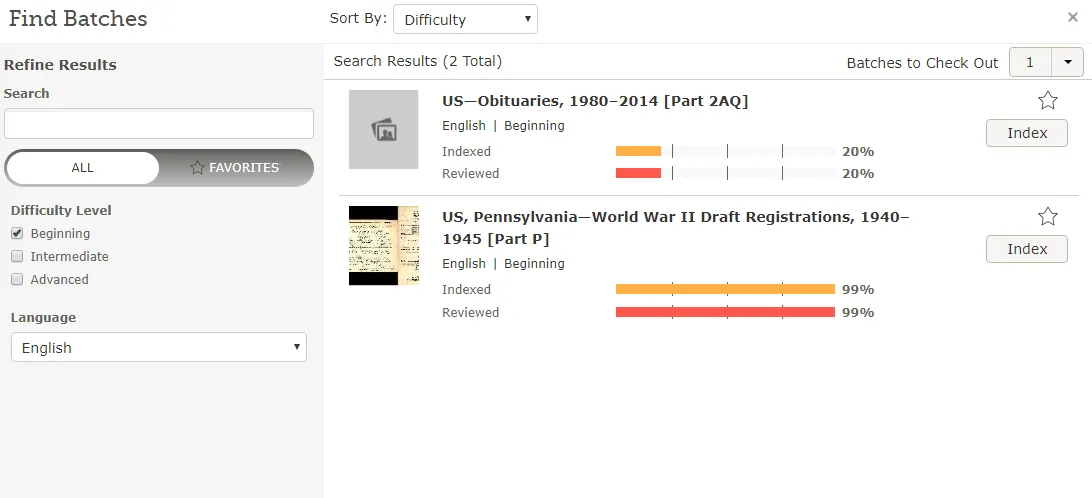
- Check if the document is good enough to index. If it is you will have the option to state that it is good enough, or clear enough to proceed. Most times its just a duplication that needs to be highlighted and removed from the batch.. For example here is a nice clear death notice document
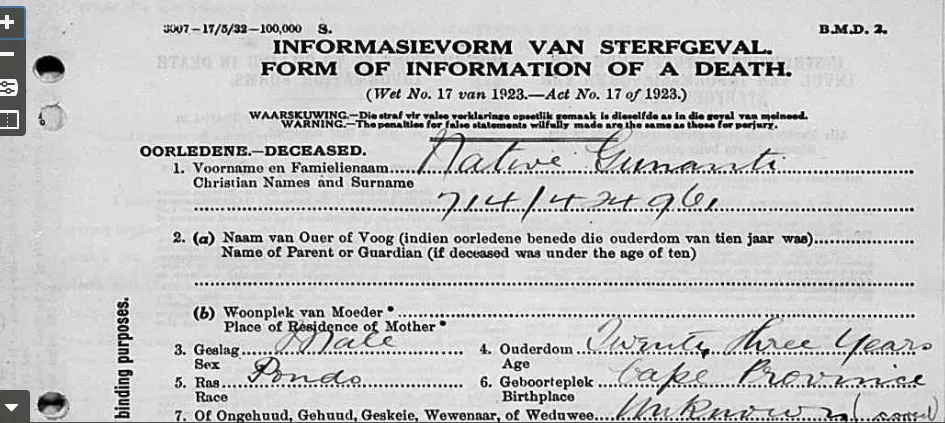
- Read through the documents, and type the relevant information in the given fields on the web page. These are usually names, dates, spouse, children, places. As you can see by the screenshot, you are going to now enter the deceased persons given names, Pieter Jacobus Muller. This will become available to anyone searching for that person in the future.
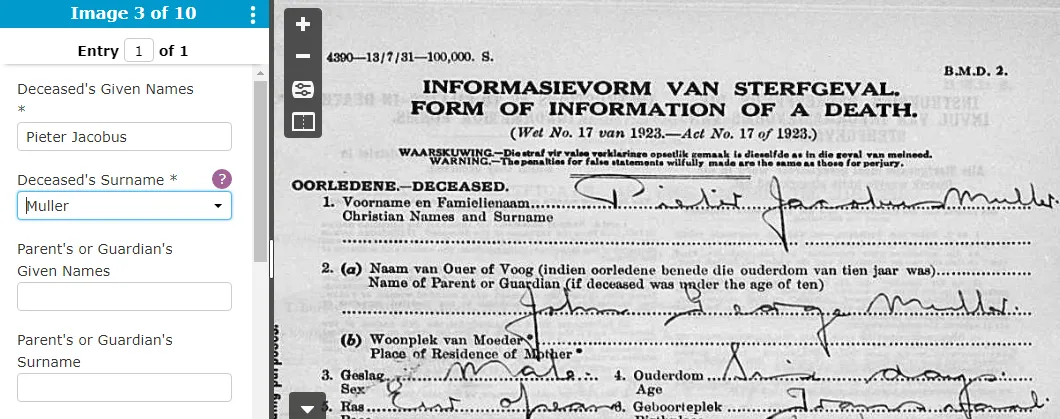
- Confirm all the information you've read and typed in is correct, and close the project off
Simple as that!
This is really something anyone can do, and I have had my children of 12 years of age doing the indexing. It is simple enough for most people to do.
The site can give you great feedback on how many items you've indexed over time. It keeps a good record of your efforts.
I give it a go. Check out the site www.familysearch.org and start your service now from the comfort of your homes.
I truly believe the blessing that come from this type of service is palpable, and who knows, you may discover your own spirit of family history bubbling over.
Cheers all
[Image credit www.scotclans.com, www.slideshare.net, www.invensis.net]